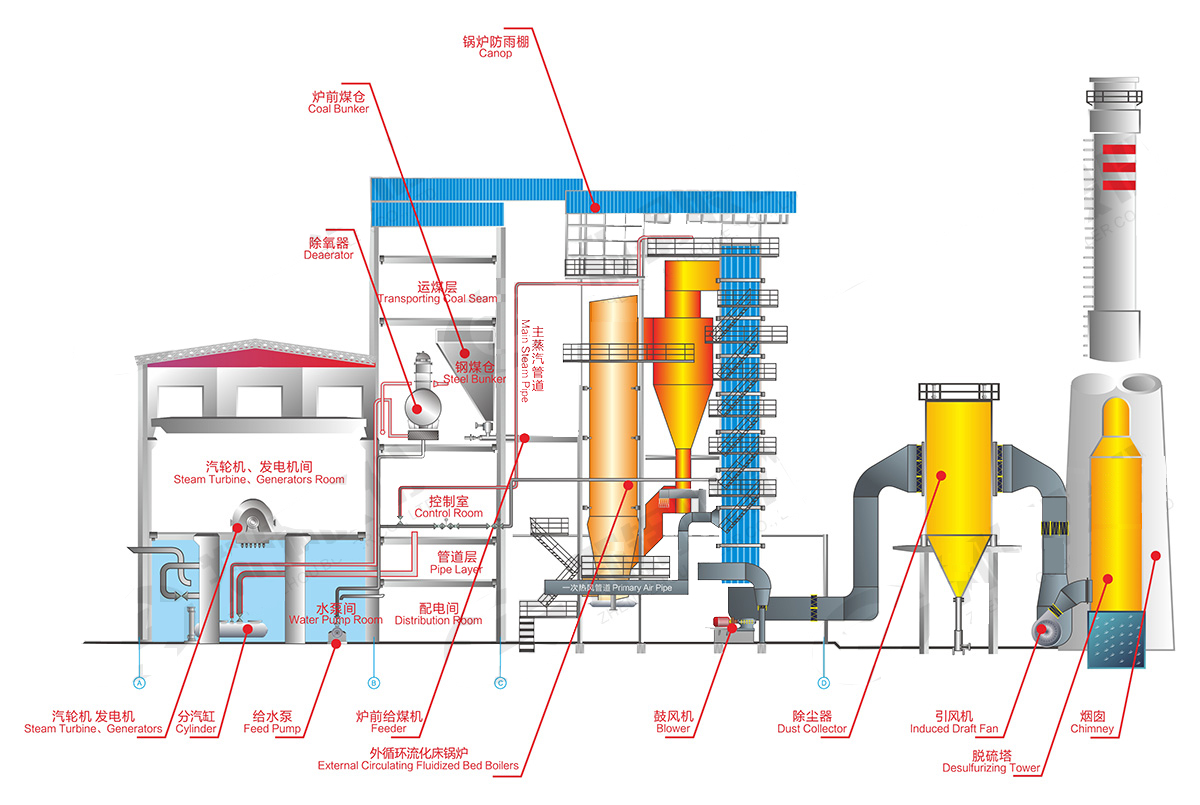Understanding Sleep Apnea ENT Solutions: Causes, Diagnosis, and Treatments
What Is Sleep Apnea?
Sleep apnea is a sleep disorder characterized by pauses in breathing during sleep. It often requires evaluation and treatment by a sleep apnea ENT specialist.
Role of a Sleep Apnea ENT
A sleep apnea ENT investigates physical causes such as nasal blockage, enlarged tonsils, or structural abnormalities that lead to airway obstruction.
Symptoms That Require a Sleep Apnea ENT
- Loud snoring
- Choking or gasping during sleep
- Daytime fatigue
- Morning headaches
- Mood swings or irritability
Causes of Sleep Apnea
A sleep apnea ENT might identify causes such as:
- Obstructed nasal passages
- Enlarged tonsils or adenoids
- Deviated nasal septum
- Weak airway muscles
- Obesity-related structural issues
Diagnostic Techniques Used by a Sleep Apnea ENT
- Sleep studies (polysomnography)
- Nasal endoscopy
- Airway assessment during sleep
- Imaging tests
Treatment Options from a Sleep Apnea ENT
Treatments vary based on severity and may include:
- CPAP therapy
- Surgery to remove tonsils/adenoids
- Nasal surgery for obstruction
- Positional therapy
- Weight management
Lifestyle Adjustments Recommended by a Sleep Apnea ENT
- Avoid alcohol before sleep
- Lose excess weight
- Quit smoking
- Sleep on your side
- Maintain regular sleep schedules
Why Choose a Sleep Apnea ENT
A sleep apnea ENT is uniquely trained to correct anatomical causes of the disorder. Unlike general sleep clinics, they can provide both medical and surgical solutions.
Conclusion
Sleep apnea can significantly affect your health and quality of life. A sleep apnea ENT offers targeted solutions that address the root cause, helping you sleep soundly and stay healthy.

